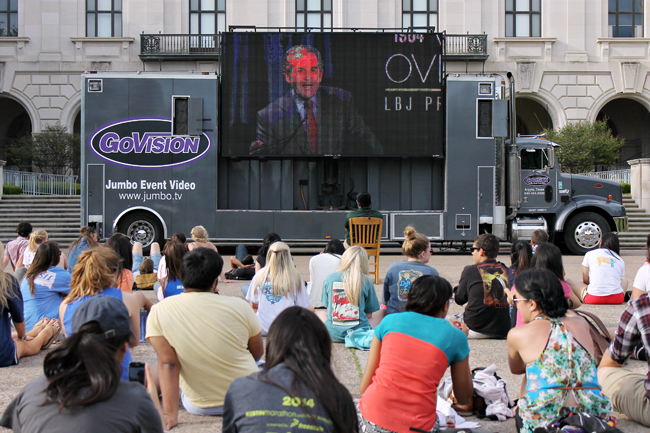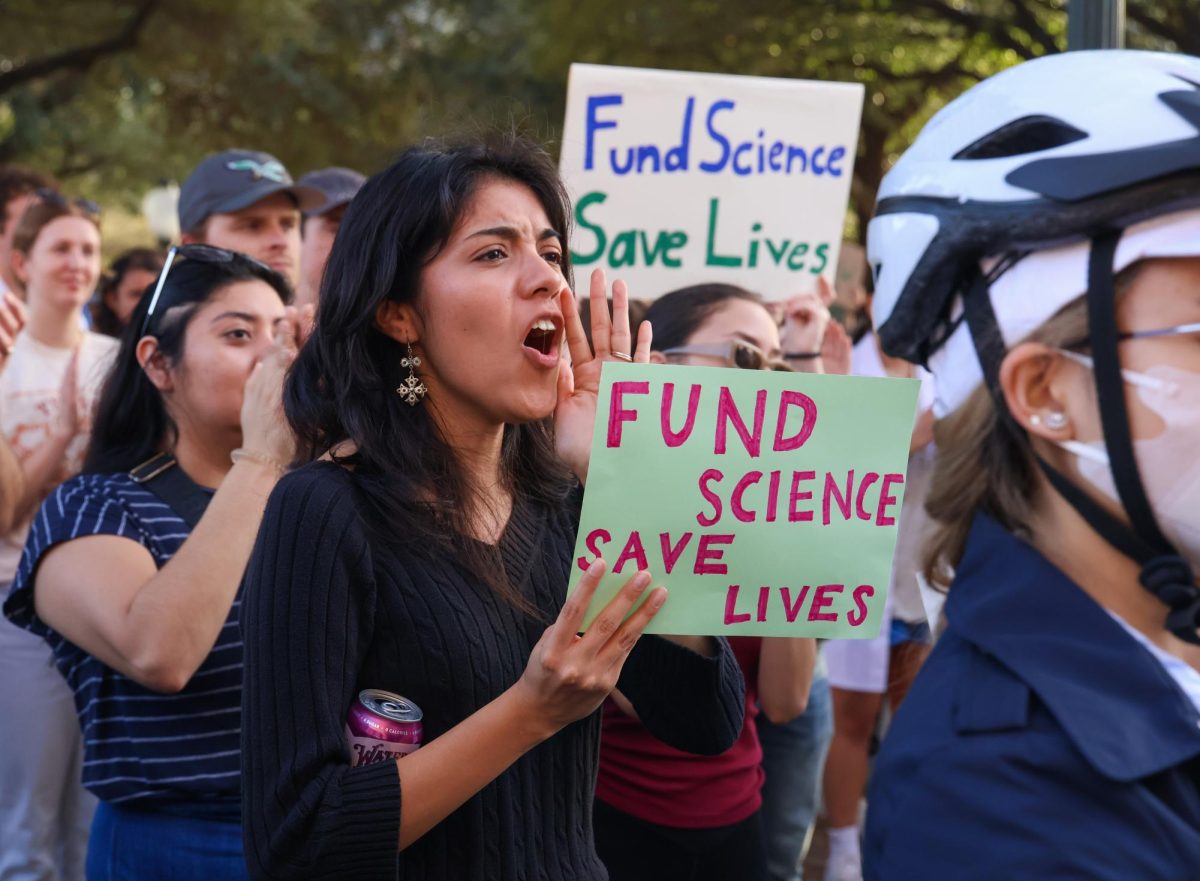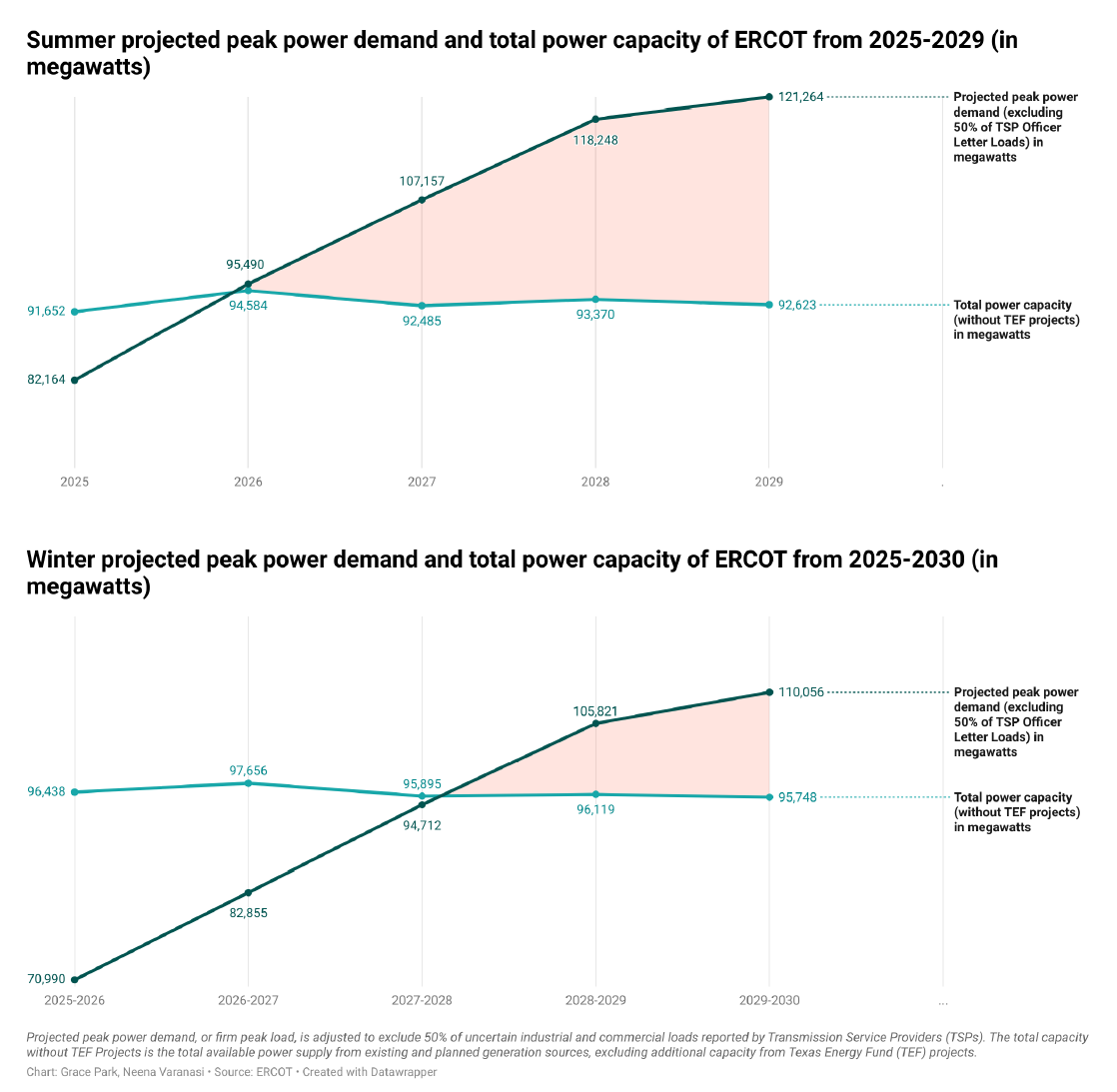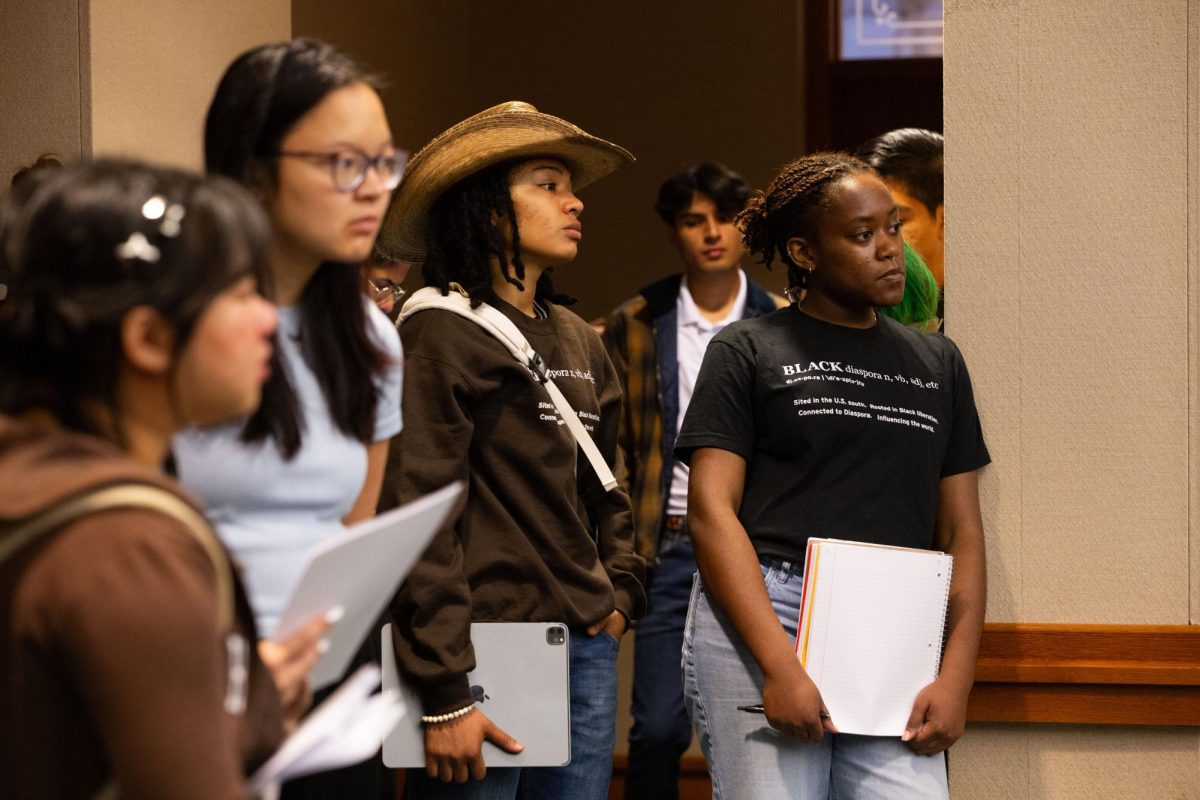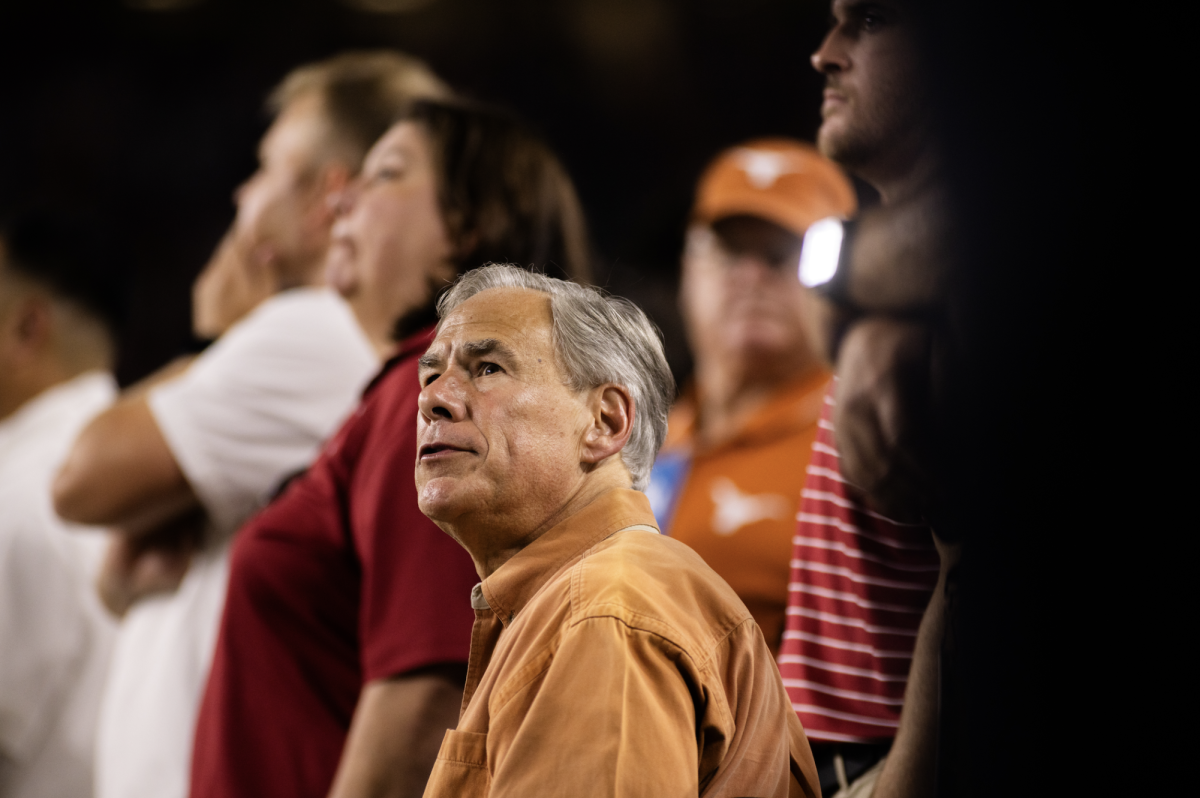In his speech Thursday night at the Civil Rights Summit, former President George W. Bush led with a joke that was, in the Johnsonian tradition, somewhat off-color.
“Former presidents compare their libraries the way other men compare their … well …,” Bush said before tailing off.
After the laughter died down, Bush focused primarily on education as both a battleground and driver of civil rights progress.
“From Little Rock Central High School to the University of Mississippi, the fight for civil rights took place in educational settings,” Bush said. “Education provides the skills necessary to expand horizons and allow for economic success. In so doing, we secure our democratic way of life.”
In 2001, three days after taking office, Bush announced the No Child Left Behind Act to reform the national education system. The act increased reliance on standardized measurements for school accountability, especially regarding reading proficiency for younger children. Bush praised the act as an example of good bipartisan government.
“We found common ground that schools must demonstrate improving results in minority children or face consequences if they don’t,” Bush said.
Zach Berberich, finance junior and College Republicans communication director, said the act was one of Bush’s greatest civil rights achievements.
“I feel that his strides were a huge step for children of all races to get a quality education and an equal way to measure performance,” Berberich said.
According to Bush, between 1999 and 2008, reading scores for African-American and Hispanic 9-year-olds increased by two grade levels.
“Education in America is no longer legally separate, but it is still not effectively equal,” Bush said. “Quality education for everyone of every background remains the most urgent civil rights issue of our time.”
Bush also argued that changing the fact that the average reading score for 13-year-old white students was the same as those of 17-year-old African-Americans should be a national priority.
“In a nation dedicated to equal opportunity, that’s scandalous,” Bush said. “This should be a national scandal demanding action.”
Bush’s speech did not include other civil rights issues that had been discussed during the three-day-long event, such as women’s rights, voting restrictions, immigration reform and same-sex marriage.
Marketing junior Marisa Kent, Queer Students Alliance president, said Bush’s call on states to ratify an amendment to the U.S. Constitution to define marriage as a strictly heterosexual union in 2004 was disappointing to the queer community. Michelle Willoughby, government and Plan II sophomore and University Democrats communication director, said her organization also took issue with Bush’s policies opposing same-sex marriage.
“That’s one very clear example of a way Bush did not further civil rights,” Willoughby said.
Berberich said Bush’s views on gay marriage should not be relevant to his presidency, and the government shouldn’t be involved in that decision.
“He’s in line with the Republican Party belief with upholding the traditional view of marriage,” Berberich said. “Whether or not they agree with gay marriage isn’t really relevant.”
Bush said that continued progress must be made on civil rights to truly continue the legacies of Lyndon Johnson and Martin Luther King, Jr.
“Some are too comfortable with the status quo,” Bush said. “For the sake of America’s children, that is something we cannot allow.”
Additional reporting by Leila Ruiz

